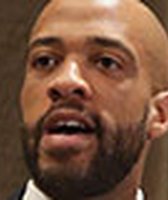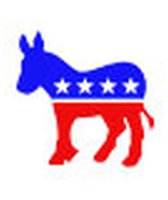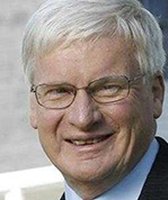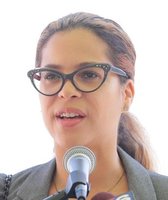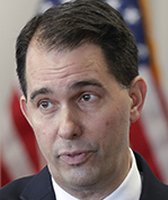Stand up for the facts!
Our only agenda is to publish the truth so you can be an informed participant in democracy.
We need your help.
I would like to contribute
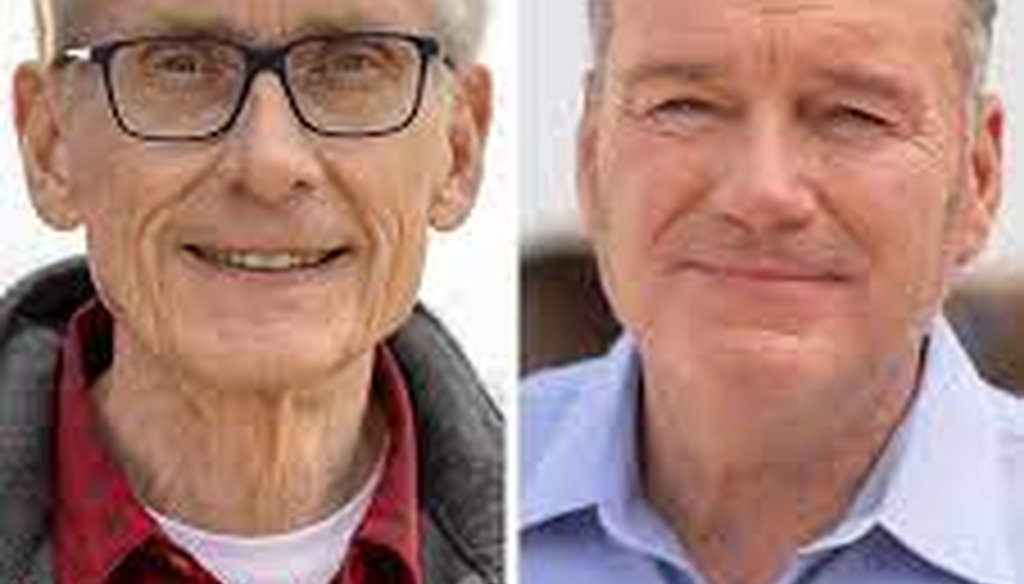
Over the past several weeks, the campaign for Republican gubernatorial candidate Tim Michels has repeatedly argued that Michels is running a more press-friendly campaign than incumbent Democratic Gov. Tony Evers.
The issue drew some attention last month when Michels agreed to participate in a Rotary Club of Milwaukee event, saying he would take questions from the audience while declining a media panel.
Evers, some reporters pointed out, took questions from a media panel at a similar Rotary Club of Milwaukee event earlier in the month.
The tweets from reporters led Michels communications consultant Brian Fraley to push back:
"Michels has taken far more press questions all across the state since the Primary than Evers has. He’s had more events. More interviews and more gaggles. But the Capitol Press Corps hive all QTing this ‘news’ is quite amusing," Fraley wrote in an Oct. 12 tweet.
"Tim has had more than 100 media appearances/interviews/exclusives and gaggles since the Primary," he replied to one reporter who disputed the assertion.
Fraley’s claim is complicated to check. After all, there is no independent source that tracks whether a candidate has taken media questions at each event.
But to get a better look at the issue, PolitiFact Wisconsin requested data from both campaigns on how many press interviews they’ve done since the Aug. 9 primary. Here’s what we found.
What the campaigns are saying
Fraley sent PolitiFact Wisconsin a screenshot of a list of 69 Michels events where media was reportedly present between the primary and Oct. 21.
In it, Fraley noted the number of news outlets the campaign said attended each event — totaling 137 across the 69 events. That number includes many duplicates — WDJT-TV, WISN-TV, WXOW-TV and other state TV stations and newspapers frequently showed up to multiple events.
The data, however, has some inconsistencies.
It includes, for example, the very Rotary Club of Milwaukee event that prompted Fraley’s initial tweet.
(Reporters did fire questions at Michels as he walked to an elevator after the event. Michels told them he would accept the results of the November election as his press secretary reminded reporters that she had told them "there was no gaggle.")
Another entry on the list, a Wisconsin Counties Association speech in Wisconsin Dells on Sept. 19, lists the Milwaukee Journal Sentinel as covering the event when no reporters from the newspaper were present.
When asked about the discrepancies, Fraley told PolitiFact Wisconsin that the list wasn’t "all events where he took questions. They’re events where press was present or covered the event."
Fraley in an email declined to provide a list of events where Michels took press questions and accused Evers of "campaigning 3 days a week until recently."
The Michels campaign last month drew criticism from Democrats for calling the police on a group of national reporters that was trying to cover an event in Oconomowoc. The event was publicly advertised, but handwritten notes taped to the venue’s door said, "No Media."
Evers’ campaign, for its part, sent PolitiFact Wisconsin a list of 48 public events where the governor took questions from media outlets over the same period — from the primary until Oct. 21. The governor, the campaign said, did an additional 20 one-on-one interviews.
A spokesperson for Evers’ gubernatorial office sent PolitiFact a list of an additional 48 events. But Evers did not take questions at six of those events, leaving 42 events where he took questions for an overall total of 109 events with press questions.
Claim not unusual for campaigns
The Michels campaign’s claim of openness to the press is not out of the ordinary.
"It is routine for candidates to tout their accessibility to the public," according to Barry Burden, director of the Elections Research Center at the University of Wisconsin-Madison.
But in recent years, Burden added, candidates "have become more cautious about unscripted events where journalists or members of the public are able to ask them questions."
"There has generally been a movement away from uncontrolled events and even from candidate debates," Burden said in an email.
In Wisconsin’s gubernatorial race, the exact number of instances both candidates have taken press questions is not entirely clear.
But based on available data, the Michels campaign claim doesn’t hold up.
Our Sources
Brian Fraley, post on Twitter, posted on Oct. 12, 2022
Brian Fraley, post on Twitter, posted on Oct. 12, 2022
Scott Bauer, post on Twitter, posted on Oct. 12, 2022
Emilee Fannon, post on Twitter, posted Oct. 18, 2022
Email with Brian Fraley, Michels campaign, Oct. 24-26, 2022
Email with Kayla Anderson, Evers campaign, Oct. 21, 2022
Email with Britt Cudaback, Evers office, Oct. 25, 2022
Email with Barry Burden, director of the Elections Research Center at the University of Wisconsin-Madison, Nov. 2, 2022
The Milwaukee Journal Sentinel, Tim Michels campaign calls police on reporters attempting to cover event, Oct. 24, 2022.





